Alphabet Recognition Phonics Worksheets for Ages 3-9
9 filtered results
-
From - To
Unlock the joy of learning with our Alphabet Recognition Phonics Worksheets designed for children aged 3-9! These engaging printables support early literacy development, helping young learners identify letters and sounds through fun, interactive activities. Perfect for homeschoolers, teachers, or parents, our worksheets offer colorful illustrations and hands-on exercises that make learning enjoyable. Whether it's tracing letters, matching sounds, or practicing phonetic awareness, these resources will strengthen your child's foundational skills. Set your little ones on the path to reading success and watch their confidence soar! Explore our diverse collection of resources now and foster a love of learning from an early age!
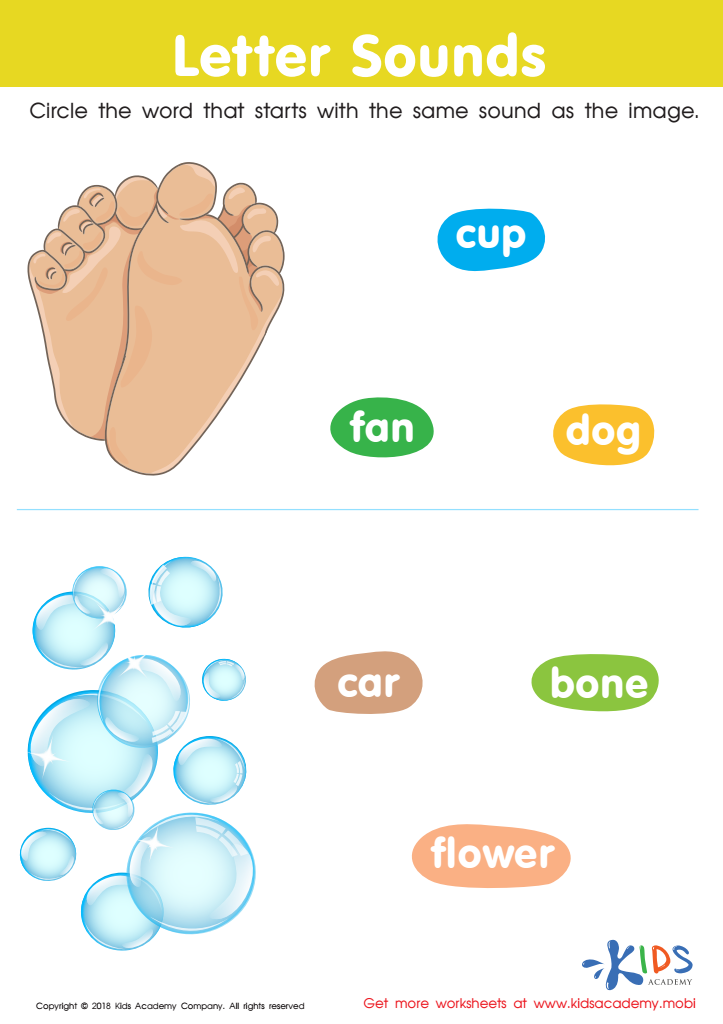

letter sounds Worksheet
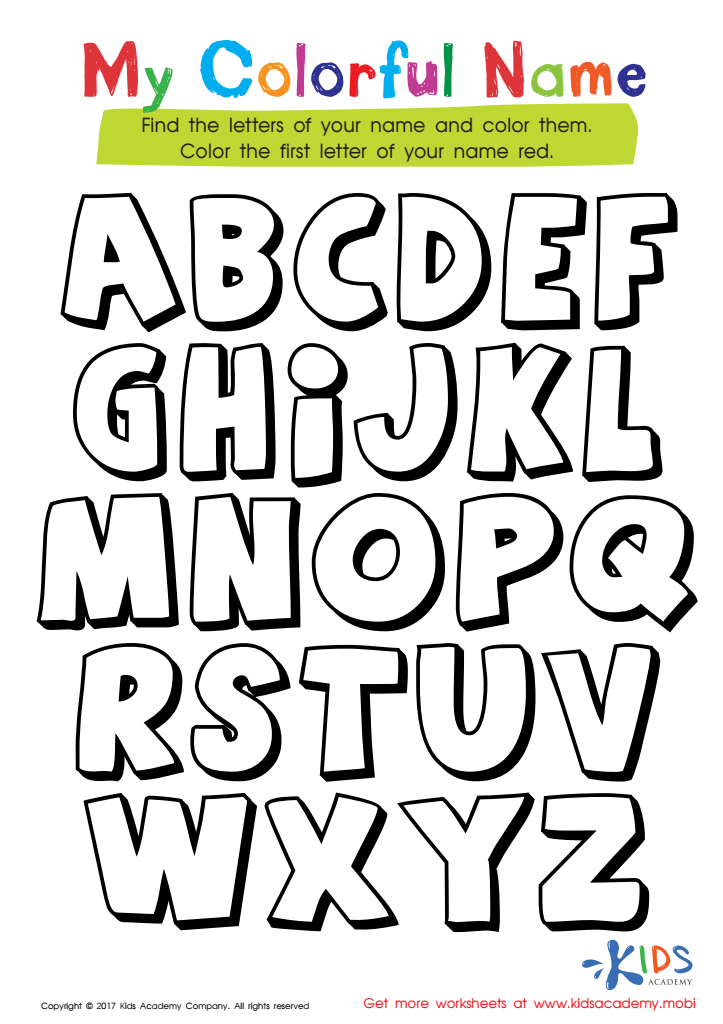

My Colorful Name Worksheet
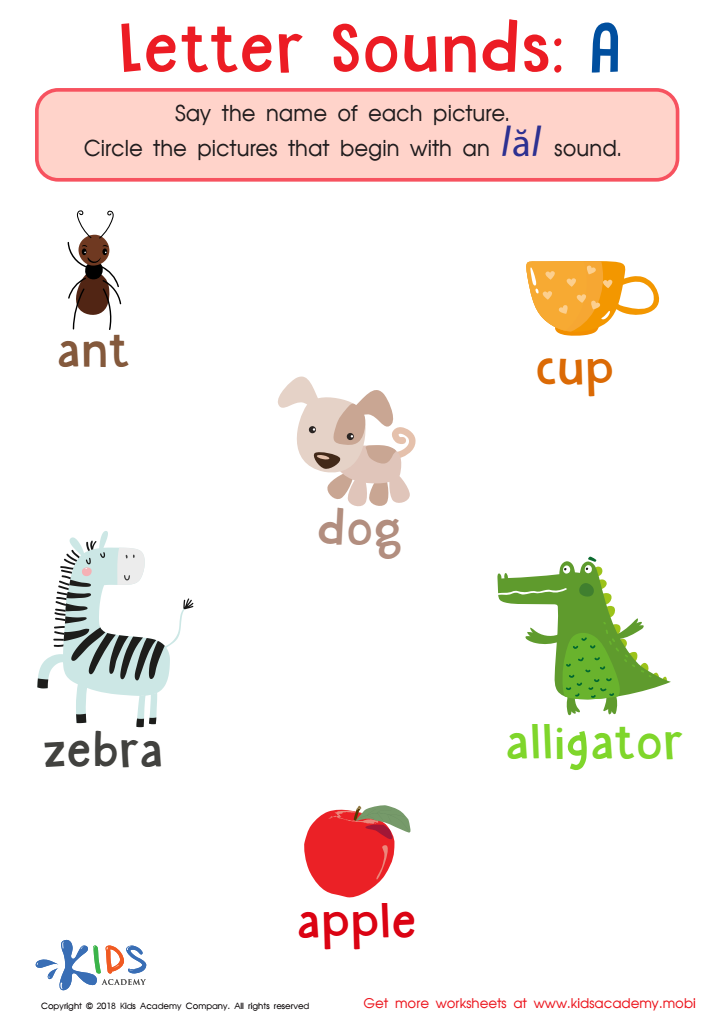

Letter A Sounds Worksheet
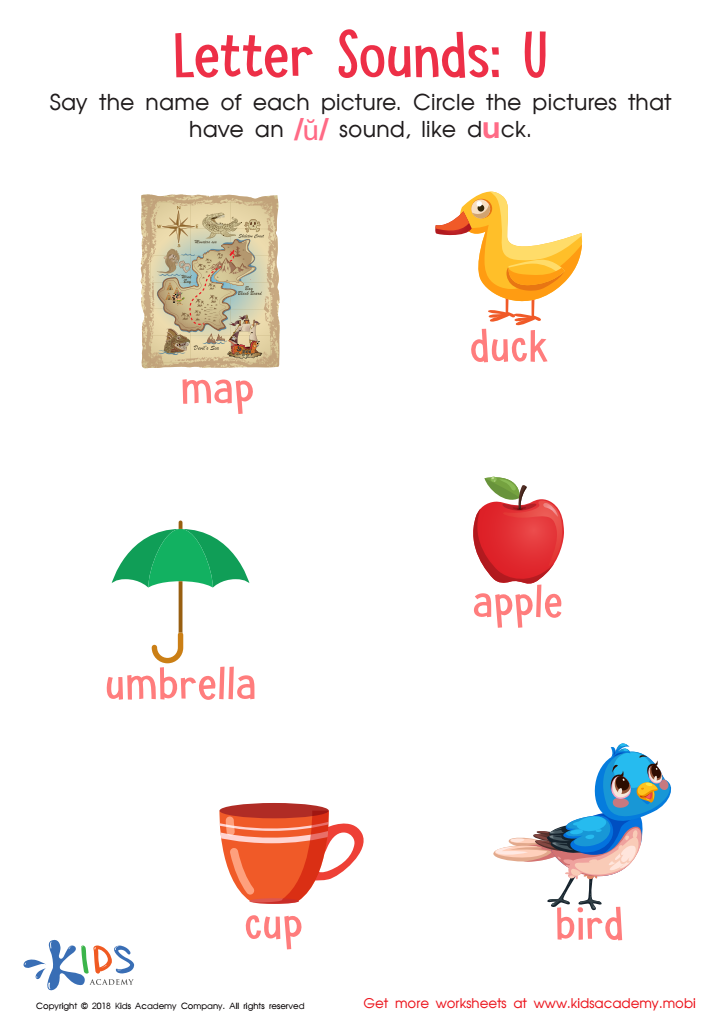

Letter U Sounds Worksheet
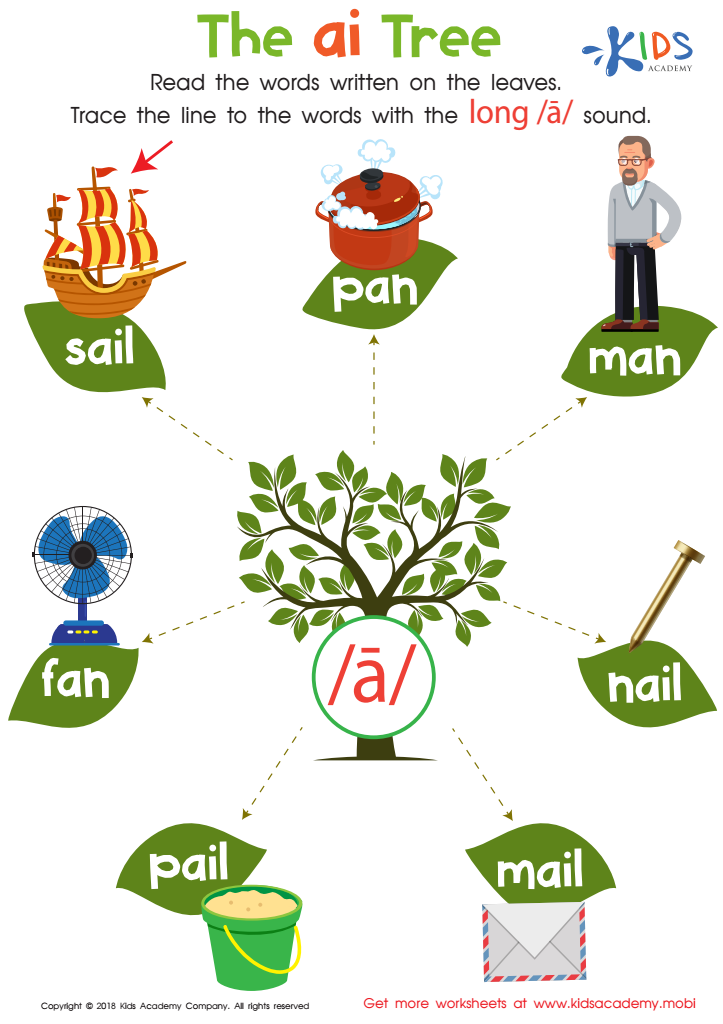

The AI Tree Worksheet
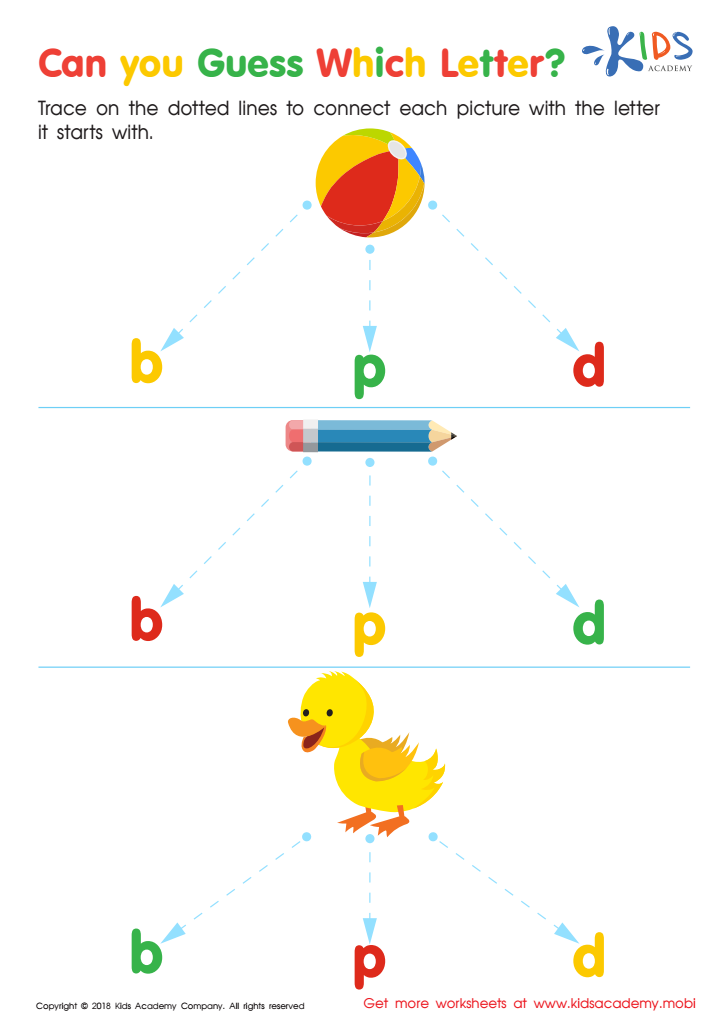

Can you Guess Which Letter? Worksheet
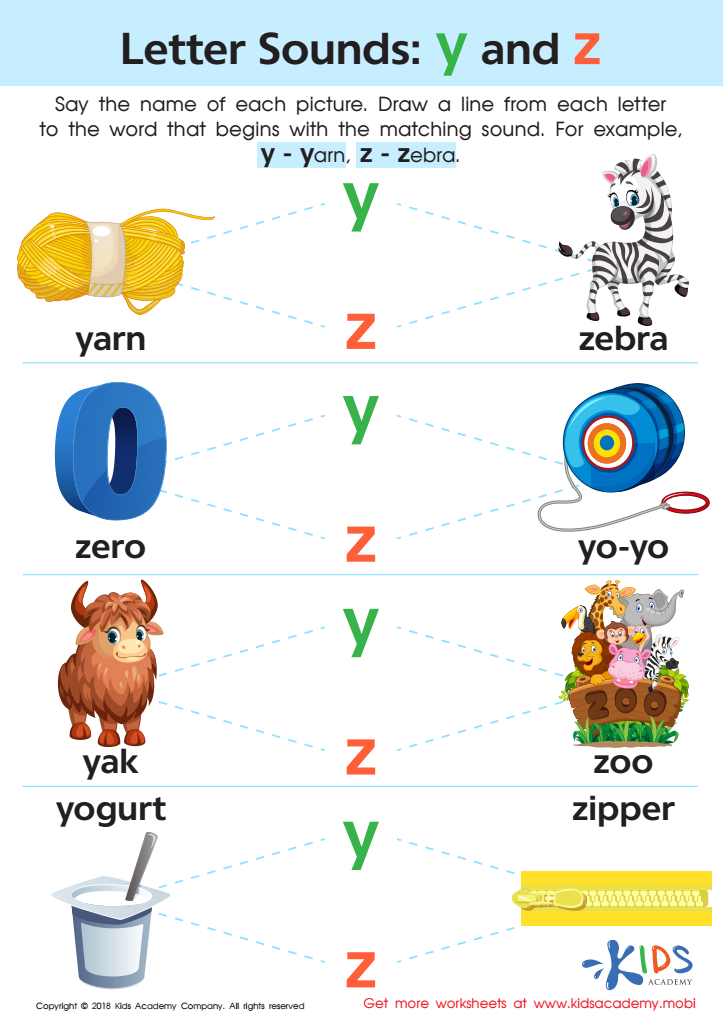

Letter Y and Z Sounds Worksheet
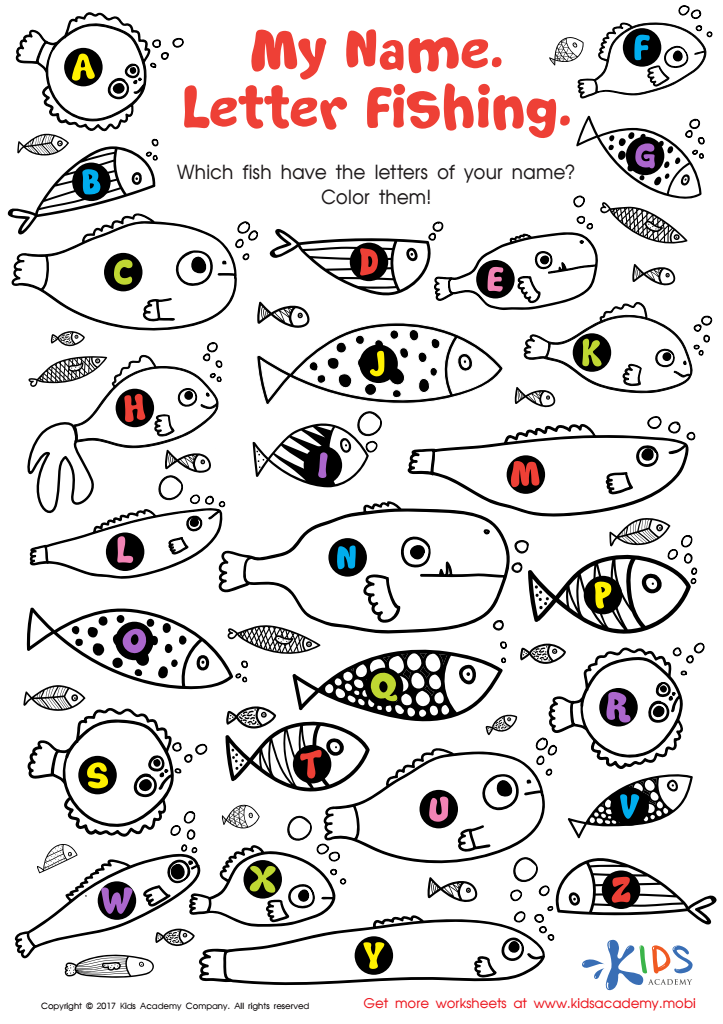

My Name: Letter Fishing Worksheet
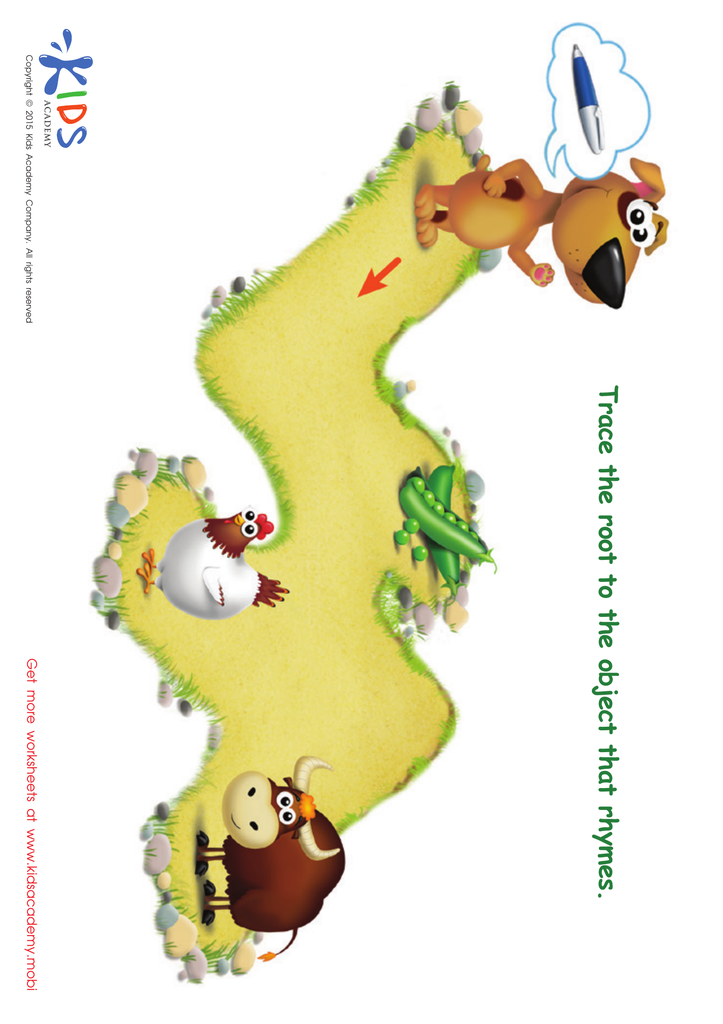

Pen Rhyming Words Worksheet
Alphabet recognition and phonics are foundational skills that play a crucial role in early literacy development for children aged 3-9. Parents and teachers should prioritize these skills because they serve as the building blocks for reading and writing. Research shows that strong alphabet recognition enables children to identify letters and their corresponding sounds, facilitating word formation and decoding abilities as they progress in school.
When children recognize letters and understand phonemic awareness, they are more likely to experience success in reading. This fosters confidence and a love for literature, enhancing cognitive development and academic performance in the long run. Moreover, early phonics instruction supports children in developing spelling competency, which is essential for effective written communication.
By investing time in teaching alphabet recognition and phonics, parents and teachers create a positive literacy environment, fostering a child's curiosity and love for learning. Additionally, these skills bridge communication gaps, enhancing interactions with peers and adults. Recognizing the importance of phonics can lead to an early understanding of sounds, nurturing essential skills as children navigate their educational journeys and helping them thrive in a world increasingly reliant on literacy. Therefore, supporting and engaging with children in these fundamental skills is vital for their overall academic success.

 Assign to My Students
Assign to My Students




















